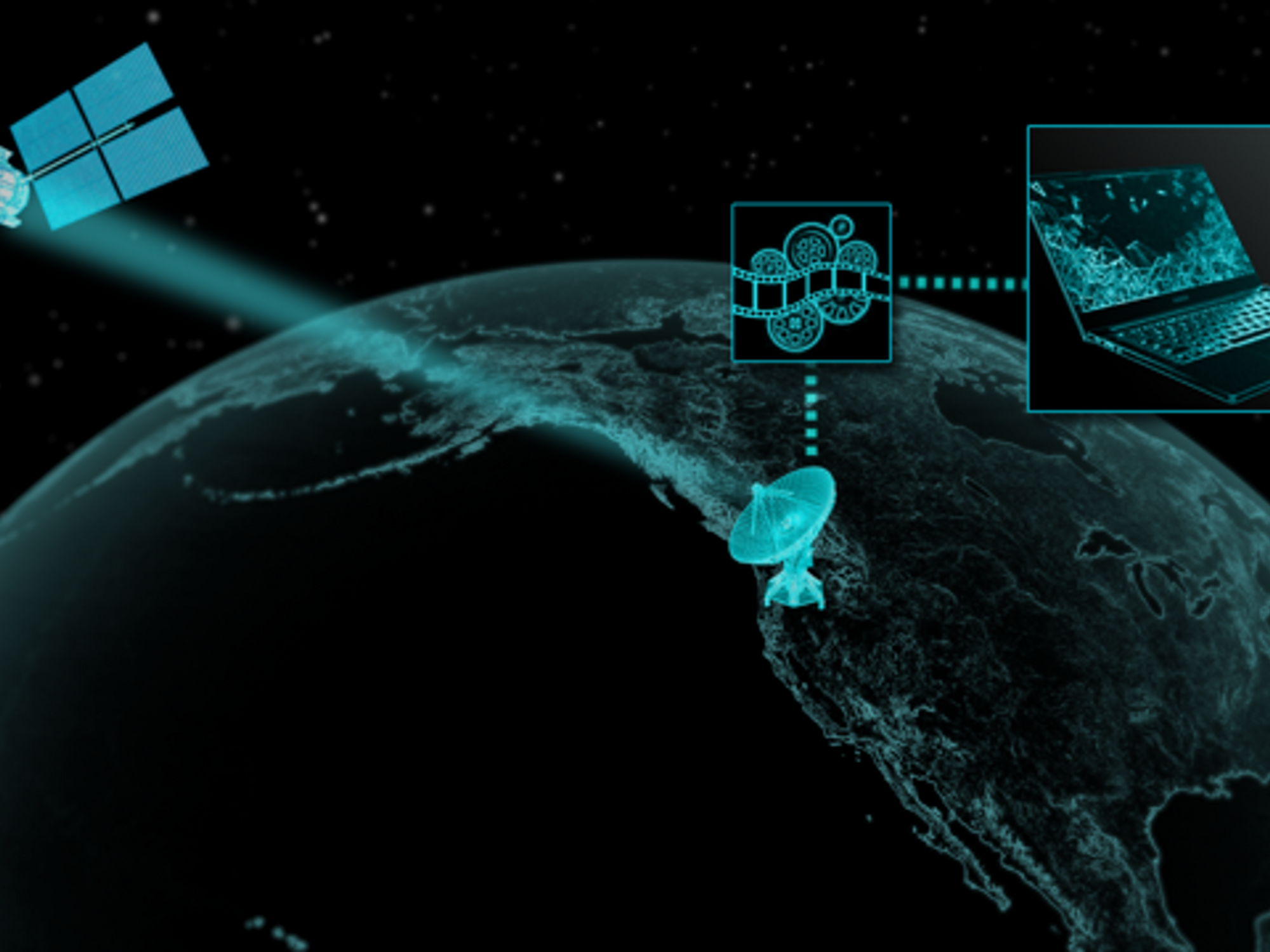Slingshot Aerospace Acquires Numerica and Seradata
Samson Amore is a reporter for dot.LA. He holds a degree in journalism from Emerson College. Send tips or pitches to samsonamore@dot.la and find him on Twitter @Samsonamore.

El Segundo-based space simulation company Slingshot Aerospace just added two software companies to its portfolio as it continues it aims to become the go-to provider for space intelligence.
Slingshot announced Wednesday that it acquired the Space Domain Awareness division of Colorado-based Numerica Corp., which runs a round-the-clock optical sensor network for tracking satellites in low Earth and geosynchronous orbits.
Slingshot is basically buying from Numerica a network of over 150 sensors and 30 telescopes scattered around the globe that can track objects both large and small as they hurtle through space – from satellites to debris as tiny as 10 centimeters – and deliver real-time information about their movements.
Slingshot will integrate Numerica’s SDA network into its own platforms, including Slingshot Beacon, its air traffic control software for space that’s used by satellite operators to avoid collisions. This data will also be used with its Digital Space Twin product, which syncs data from multiple sources to create a live visualization of orbital conditions.
The other company Slingshot is buying is United Kingdom-based Seradata, which maintains a comprehensive database of all launches dating back to Russia’s Sputnik launch in 1957 – from satellites to rockets and including future planned takeoffs – and is used by both space agencies and private firms worldwide. The deal will see Seradata keep its name and branding, but operate going forward as a wholly owned subsidiary of Slingshot.
Slingshot wouldn’t disclose how much it paid to acquire either company.
“With these acquisitions, Slingshot Aerospace is able to further accelerate the space economy by providing satellite and launch operators with the most robust and authoritative solution for space situational awareness (SSA) and space traffic coordination,” Slingshot Aerospace CEO Melanie Stricklan told dot.LA by email. “Slingshot has collaborated deeply with both of these companies over the years, and each brought something different to the equation that complemented what Slingshot was already doing. These acquisitions help Slingshot accelerate its mission of furthering space sustainability.”
Stricklan said both deals have already closed. The buyouts also give Slingshot a chance to expand its presence beyond El Segundo and its other outpost in Austin, Texas. It will take over Numerica’s two offices in Colorado and Seradata’s foothold in the U.K.’s Northamptonshire region, which will be its first office overseas. Slingshot will also fold each company’s existing teams into its staff and Stricklan said it’ll add about 30 employees to its current 115.
Earlier this year, Slingshot’s Digital Space Twin product and its virtual training module, Slingshot Laboratory, caught Uncle Sam’s eye. The U.S. Space Force awarded the company a $25 million contract to use the products, and at the time Stricklan said that was the six-year-old company’s first deal with a government agency.
“Space moves really fast, and there’s a lot going on up there,” Stricklan told dot.LA at the time of the raise. “But if you could take a moment in time and do some ‘what if’ analysis, then you could actually get into a predictive state that would inform decisions even before launch.”
- Slingshot Aerospace, The Third Floor Work with Space Force - dot.LA ›
- Slingshot Aerospace Melanie Stricklan on Aerospace's Future - dot.LA ›
- Slingshot Aerospace Lands $25 Million Space Force Contract - dot.LA ›
Samson Amore is a reporter for dot.LA. He holds a degree in journalism from Emerson College. Send tips or pitches to samsonamore@dot.la and find him on Twitter @Samsonamore.




 Image Source: Tinder
Image Source: Tinder Image Source: Apple
Image Source: Apple